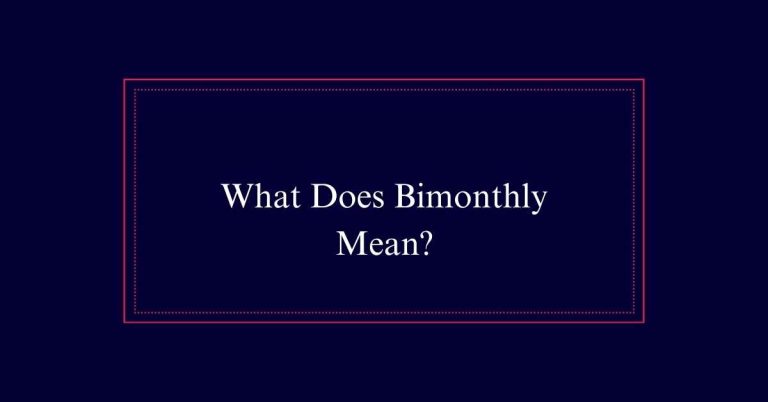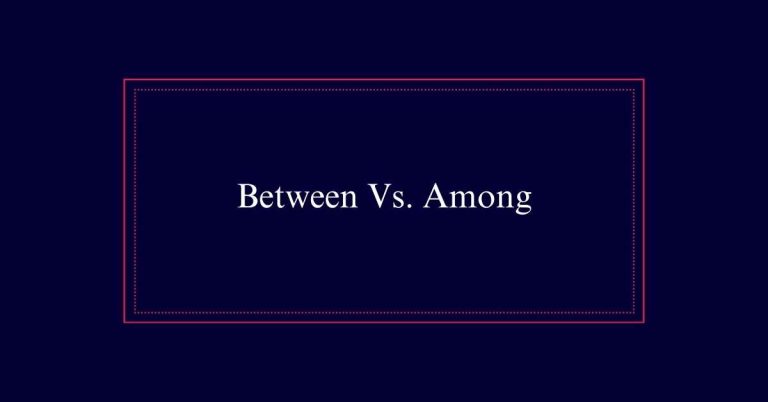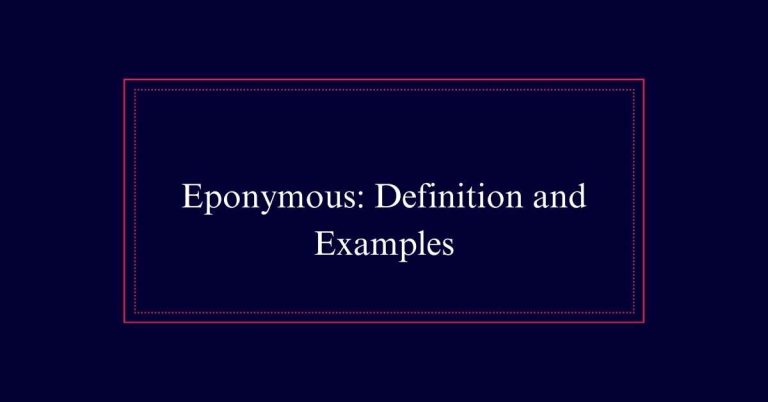Whiny, Whiney, Whinny?
‘Whiny’ describes someone who complains in an annoying, high-pitched voice. It denotes dissatisfaction and irritation. ‘Whiney’ is an alternative, less common spelling of ‘whiny,’ but is often considered incorrect. ‘Whinny,’ however, refers to a soft neigh sound made by horses, indicating a form of equine communication without any negative connotation.
Definition of Whiny
Whiny refers to a person who complains in an annoying, high-pitched voice. This term is often used to describe someone who is difficult to please and frequently expresses dissatisfaction. The tone of the complaint is typically grating, making it unpleasant for others to listen to.
Whiny behavior can be seen in various contexts, such as a child whining for attention or an adult incessantly complaining about minor inconveniences. It is important to distinguish ‘whiny’ from similarly spelled words like ‘whiney,’ which is a rare and often criticized spelling variation, and ‘whinny,’ which refers to the soft neighing of horses.
Characteristics of Whiny
Individuals displaying whiny behavior often express their complaints in a high-pitched and irritating tone. This manner of speech can be grating and tends to evoke a negative reaction from listeners.
Whiny individuals frequently focus on minor inconveniences, blowing them out of proportion. They may exhibit a sense of entitlement, expecting others to rectify their issues immediately. This behavior is often persistent and repetitive, making interactions with whiny individuals exhausting.
Additionally, their complaints lack constructive elements, offering no solutions or alternatives. Instead, they emphasize their dissatisfaction and discomfort, seeking sympathy or validation. The overall effect is one of frustration for those around them, as the constant negativity can be draining and unproductive.
Common Usage of Whiny
In everyday language, the term ‘whiny’ is frequently used to describe someone who persistently complains in an irritating manner. This person often has a high-pitched voice and tends to be bothersome to those around them. The term is commonly employed in both casual and formal contexts to highlight annoying behavior.
Here are three key points about the usage of ‘whiny’:
- Annoying Complaints: ‘Whiny’ often describes someone who complains excessively and annoyingly.
- High-Pitched Voice: It can refer to someone whose voice is high-pitched and grating.
- Common Contexts: This term is frequently used in everyday conversations, media, and literature to depict irksome behavior.

Alternate Spelling: Whiney
The term ‘whiney’ serves as an alternate spelling for ‘whiny’, though it is less commonly accepted. It describes someone who complains in an annoying, high-pitched manner.
While ‘whiny’ is the preferred spelling, ‘whiney’ occasionally appears in written texts. Despite this, many consider ‘whiney’ to be incorrect.
Usage examples include:
‘Farrah tells Sophia she’s not very nice because Sophia is whiney,’ and
‘For most of American history, adults avoided whiney, entitled moral preening.’
These examples show that while ‘whiney’ can be used interchangeably with ‘whiny’, it remains a rare and often disputed variant.
Criticism of Whiney
Despite its occasional use, ‘whiney’ often faces criticism for being perceived as a misspelling of ‘whiny’. Critics argue that this alternate spelling can cause confusion and detract from the clarity of written communication.
Here are three main points of criticism:
- Perceived Error: Many readers and writers see ‘whiney’ as a typographical mistake, which can undermine the credibility of the text.
- Inconsistency: Using ‘whiney’ instead of the more common ‘whiny’ can create inconsistency, particularly in academic or professional writing.
- Ambiguity: The rare usage of ‘whiney’ may lead to misunderstandings, especially among those unfamiliar with its alternate spelling.
Definition of Whinny
A whinny is a soft neigh, a sound typically made by horses. It is a gentle noise that horses use to communicate with each other and with humans. The sound is distinct from other equine vocalizations, such as nickers or snorts.
A whinny can convey different emotions, including excitement, anxiety, or a call for attention. This sound is often heard when horses greet each other or when they sense someone approaching.
Unlike the human term ‘whiny,’ which indicates annoying complaints, a whinny is specific to horses and holds no negative connotation. Understanding the context of this term is essential to avoid confusion with similarly spelled words like ‘whiny’ and ‘whiney.’
Characteristics of Whinny
Whinnies are characterized by their soft, melodic tone, distinct from other horse vocalizations. They serve as a form of communication among horses, often used to express a range of emotions such as excitement, affection, or even distress. Unlike a loud neigh or a sharp whinny, a whinny is more subdued and soothing.
Here are three key characteristics of a whinny:
- Tone: Whinnies have a gentle, musical quality that differentiates them from other sounds horses make.
- Purpose: Horses use whinnies to communicate with each other, signaling their presence or emotional state.
- Context: Whinnies are often heard in calm or familiar environments, like stables or during interactions with trusted humans.
Common Usage of Whinny
Horse owners and enthusiasts frequently hear and use the term ‘whinny’ to describe the soft neighing sound horses make. This characteristic vocalization is often a sign of communication among horses or towards their human caretakers.
A whinny can convey various emotions, such as excitement, anxiety, or a call for attention. Its distinctiveness lies in its gentle, melodic quality, differentiating it from other horse sounds like nickers or snorts.
In daily equestrian environments, recognizing and interpreting a whinny helps in understanding a horse’s mood and needs. The term ‘whinny’ is specific to equine vocalizations and should not be confused with ‘whiny’ or ‘whiney,’ which relate to human behavior and complaints.
Examples in Context
Understanding the distinctions between ‘whinny’, ‘whiny’, and ‘whiney’ becomes clearer through contextual examples. Here are some illustrative sentences:
- Whinny: The pony whinnies each time someone passes his stable door.
- Whiny: Farrah tells Sophia that she’s not very nice because Sophia is whiny.
- Whiney: For most of American history, adults avoided whiney, entitled moral preening.
In these examples, the word ‘whinny’ refers to the soft neigh of a horse. ‘Whiny’ describes someone who complains in an annoying manner, often with a high-pitched voice. ‘Whiney’ is an alternate spelling of ‘whiny’ but is less common and sometimes criticized as incorrect.
Summary of Differences
To conclude, ‘whiny’ and ‘whiney’ describe annoying complaints, while ‘whinny’ refers to the soft neigh of a horse.
‘Whiny’ is the essential spelling used to depict someone who often complains in an irritating, high-pitched voice. ‘Whiney’ is an alternate but less common spelling of ‘whiny’ and may be viewed as a misspelling by some.
On the other hand, ‘whinny’ has a completely different usage. It is the term for the gentle neighing sound made by horses.
Understanding these distinctions is important to avoid confusion in both writing and speech. Each word has its specific context and should be used appropriately to convey the intended meaning effectively.







